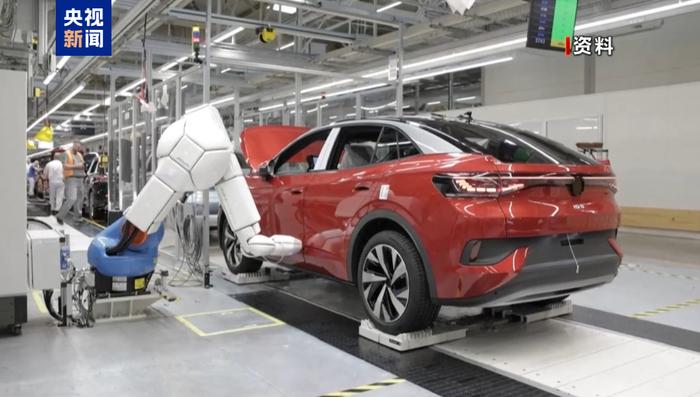
The German “Business Daily” published an article on July 6th, local time, stating that negotiations between the European Union and the United States regarding a new round of trade arrangements are entering a critical phase. Germany and Italy are pushing for an agreement as quickly as possible due to their reliance on exports, while countries such as France, Spain, and Denmark express concerns about potential concessions. The divergence in EU’s trade stance towards the US is becoming increasingly prominent, with slow progress in related negotiations and a bleak outlook.
The article points out that despite the European Commission President Ursula von der Leyen’s emphasis on the hope for a “framework agreement” to avoid the implementation of new US tariff measures, there are concerns from various parties that the EU might be forced into accepting an “unequal” agreement under pressure. Several diplomats have openly stated that the current negotiation outcomes could be detrimental to the overall interests of the EU.
From the German perspective, given the high dependence of the automotive industry and related sectors on exports to the United States, maintaining stable trade relations is crucial for the German economy. The German Chancellor’s Office and domestic car manufacturers had previously consulted with the US on specific export quota models, suggesting linking tariff preferences with companies’ production capacity in the US. A senior EU Commission official expressed concern, arguing that this move indirectly encourages industrial relocation, harming the overall interests of the EU.
At the same time, some member state representatives warned that excessive concessions by the EU on key issues such as agricultural product market access and automobile industry policies could potentially impact the EU’s single market. A diplomat criticized the “fast-deal” approach promoted by some countries, suggesting it sacrifices long-term benefits for short-term tariff relief.
The article concludes that EU trade consultations with the US are not only economic issues but also relate to the coordination capabilities and external consistency among member states. Without a unified stance, the EU will be forced to face a more complex external game environment. (CCTV Yu Jiawen)